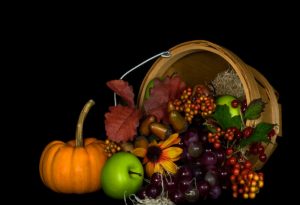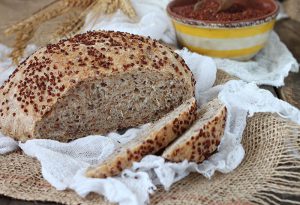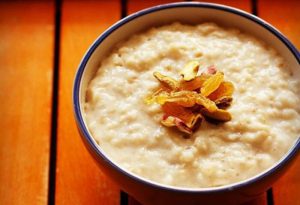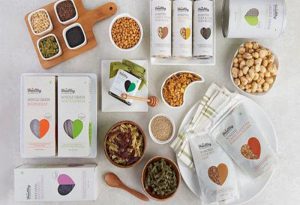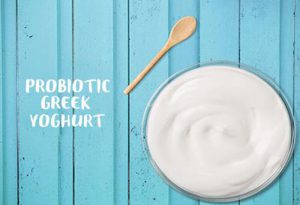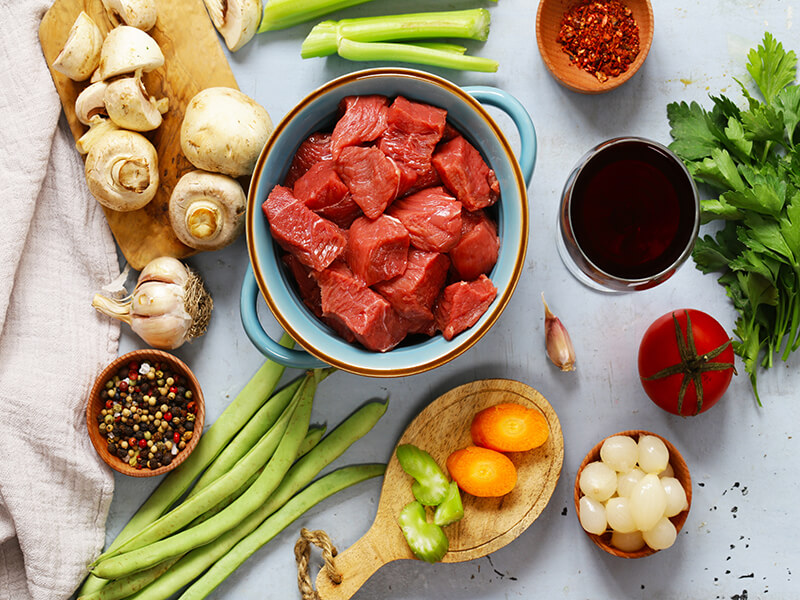
Vitamins don’t provide energy, like carbohydrates, proteins and fats, but they are essential compounds that help the body grow and function optimally. Thirteen essential vitamins help boost your immunity, strengthen your bones, heal wounds, bolster your eyesight and assist you in obtaining energy from food — among multiple other functions. Without adequate vitamin intake, you may feel lethargic, be vulnerable to infection and develop other serious complications that can endanger your health and life.
Vitamin deficiency is a common problem that can be addressed by adding the below foods in to your diet:
Vitamin A is essential for healthy teeth, bones, soft tissues, and skin. It can help ward off bacterial and viral infections, prevent night blindness, and keep your hair and nails healthy.
Foods that are high in vitamin A include:
• carrots
• sweet potatoes
• apricots
• spinach
• kale
Vitamins B-6, B-12, and B-9 are essential for proper nerve function, and the formation of red blood cells in your body. They also help one’s brain function and give the metabolism a boost.
Foods that are high in vitamins B-6 and B-12 include:
• meat
• poultry
• fish
• eggs
• milk
Vitamins C is a powerful antioxidant that keeps your cells healthy. It improves your body’s iron absorption, is important for promoting healthy teeth and gums, and helps you fight infections.
Foods that are high in vitamin C include:
• papaya
• citrus fruits like Orange, lime, grapefruit
• strawberries
• bell peppers
• broccoli
• brussels sprouts
• dark leafy greens, such as kale, mustard greens, and chard
Vitamin D is a unique vitamin because it can be directly absorbed through both food and sunlight. It is important for the health of your bones and immune system, as well as for calcium absorption.
Foods that provide vitamin D include:
• seafoods such as salmon, herring, catfish, trout, and oysters
• milk
• eggs
• shiitake mushrooms
Vitamin E is a powerful antioxidant and helps protect your cells from damage. It helps the body to repair muscle cells.
Foods that are high in vitamin E include:
• sunflower seeds
• almonds
• spinach
• bell peppers
• asparagus
Vitamin K is very important as it helps in the formation of blood clots. It also maintains bone strength in older adults.
Foods that are high in vitamin K include:
• kale, spinach, collard greens, Swiss chard, turnip greens, and mustard greens
• romaine lettuce
• parsley
• brussels sprouts
• broccoli
• asparagus
A diet rich in a variety of fresh vegetables, fruits, fortified dairy, whole grains, dried beans and lentils, and lean meat and fish helps you get all the vitamins you need. Whole foods, rather than a supplement, provide an optimal synergy of compounds that your body absorbs and uses.
Visit www.naturesbasket.co.in to get your supply of healthy foods to stay healthy and fit.
